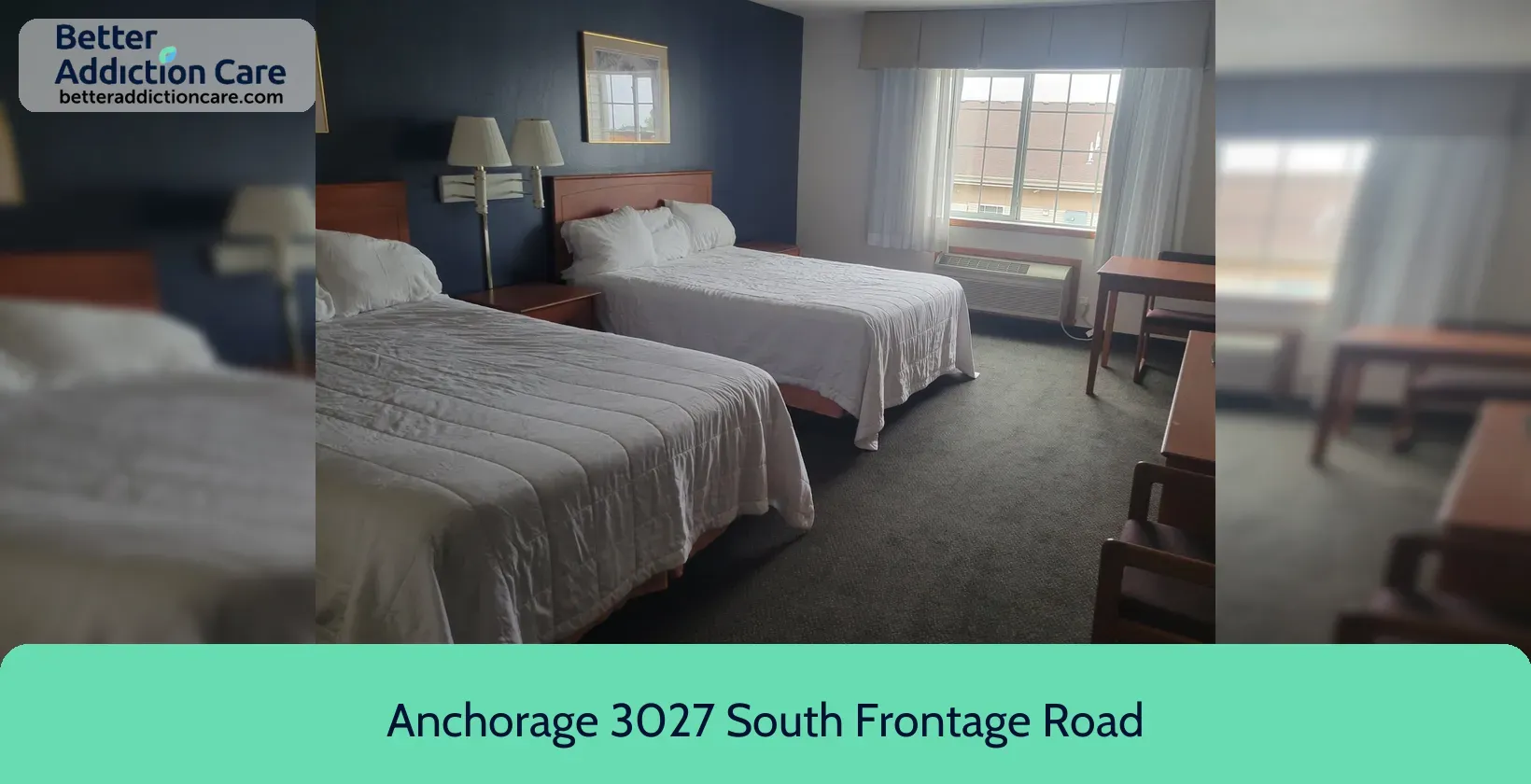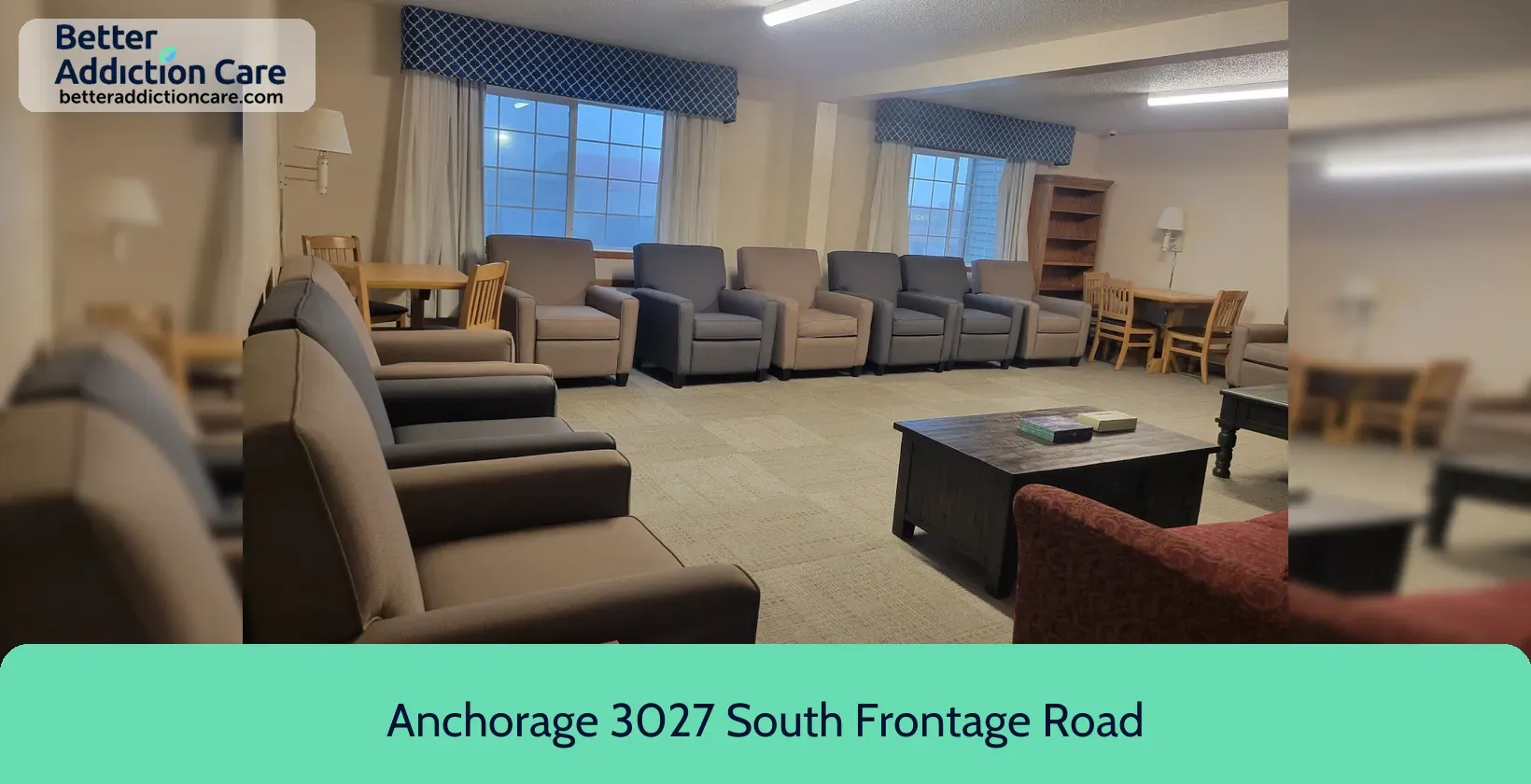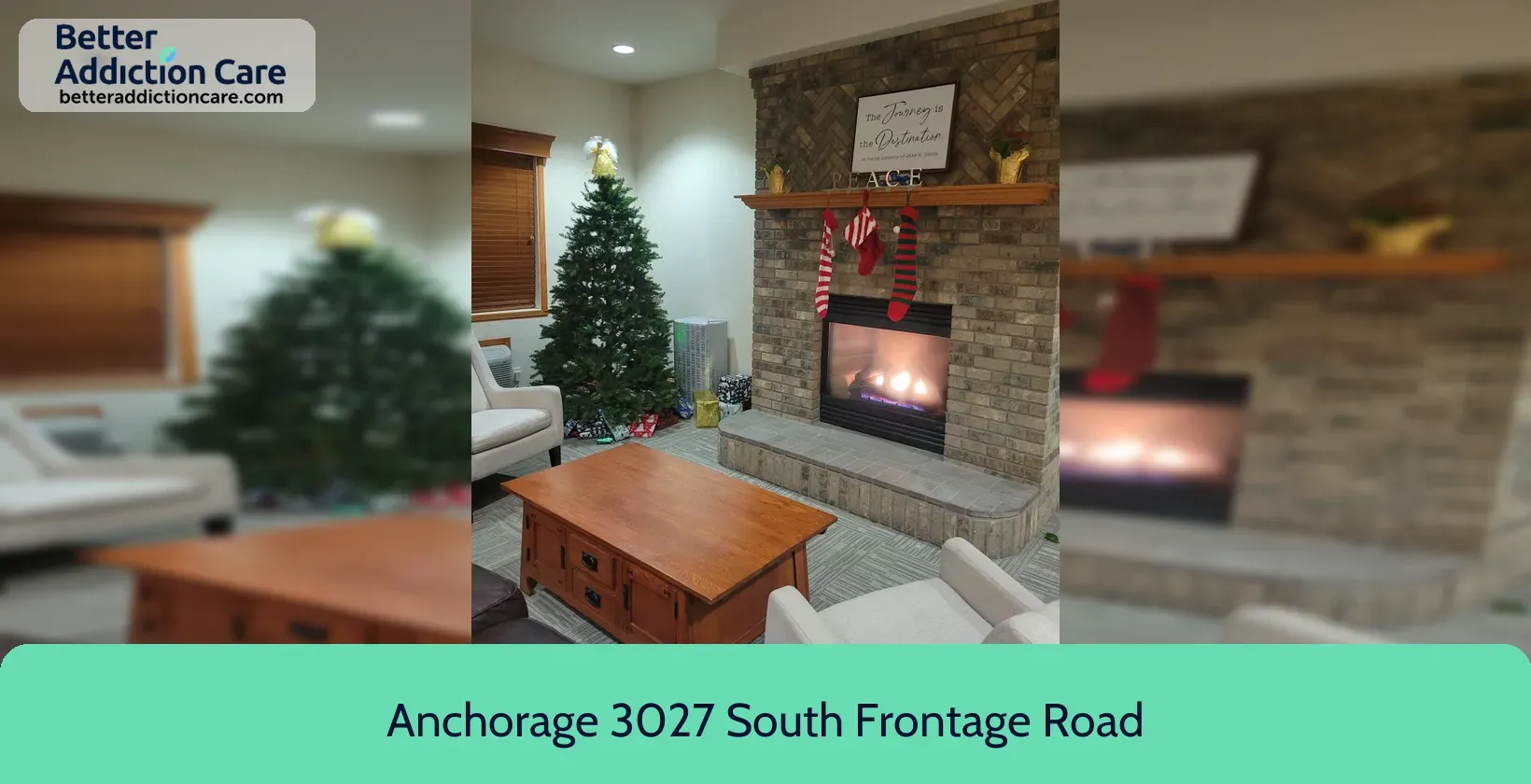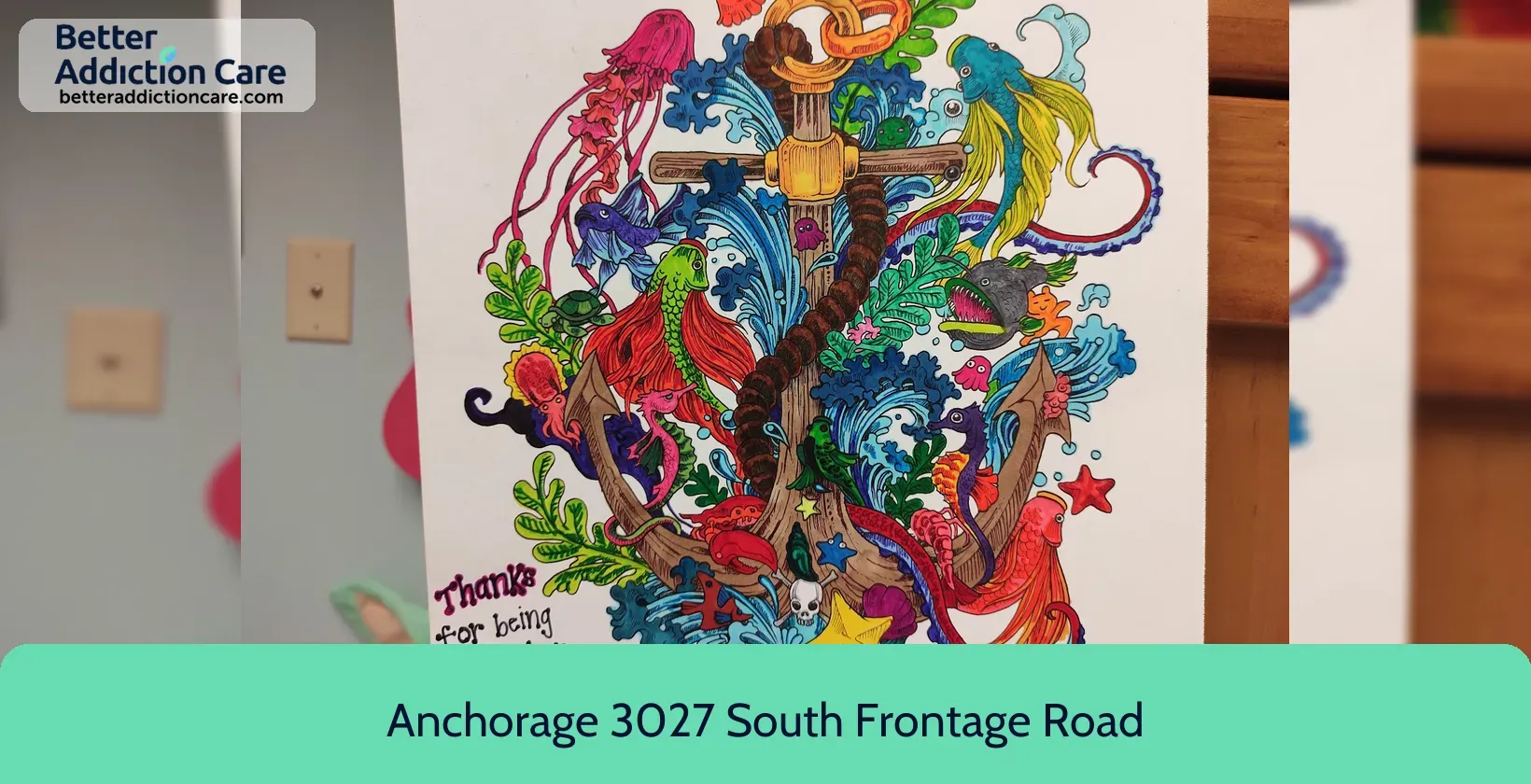Anchorage 3027 South Frontage Road
Overview
Anchorage 3027 South Frontage Road is an accredited substance abuse treatment center that provides inpatient treatment for men between 18 and 65+ years of age. As part of their special programs, Anchorage 3027 South Frontage Road treats clients with co-occurring mental and substance use disorders and clients who have experienced trauma. To help patients achieve sobriety, Anchorage 3027 South Frontage Road provides intake assessments. Afterward, patients receive cognitive behavioral therapy, telemedicine/telehealth therapy, and substance use disorder counseling during treatment. Anchorage 3027 South Frontage Road is located in Moorhead, Minnesota, providing treatment for people in Clay County, accepting cash or self-payment, medicaid, and state-financed health insurance plan other than medicaid.
Anchorage 3027 South Frontage Road at a Glance
Payment Options
- Cash or self-payment
- Medicaid
- State-financed health insurance plan other than Medicaid
- Private health insurance
Assessments
- Screening for tobacco use
- Comprehensive substance use assessment
- Interim services for clients
- Outreach to persons in the community
- Screening for mental disorders
Age Groups
- Young adults
- Adults
- Seniors
Ancillary Services
- Case management service
- Mental health services
- Social skills development
- Transportation assistance
Highlights About Anchorage 3027 South Frontage Road
7.42/10
With an overall rating of 7.42/10, this facility has following balanced range of services. Alcohol Rehabilitation: 8.00/10, Drug Rehab and Detox: 7.85/10, Insurance and Payments: 6.00/10, Treatment Options: 7.82/10.-
Alcohol Rehabilitation 8.00
-
Drug Rehab and Detox 7.85
-
Treatment Options 7.82
-
Insurance and Payments 6.00
Accreditations
State department of health:

Government agencies issue State Licenses, granting rehabilitation organizations permission to operate their businesses legally within specific geographic regions. The licenses needed for legal operation are typically determined by the type of rehabilitation program offered by a facility and its physical location.
Treatment At Anchorage 3027 South Frontage Road
Treatment Conditions
- Mental health treatment
- Alcoholism
- Substance use treatment
- Co-occurring Disorders
Care Levels
- Hospital inpatient treatment
- Short-term residential
- Long-term residential
- Aftercare
Treatment Modalities
- Cognitive behavioral therapy
- Telemedicine/telehealth therapy
- Substance use disorder counseling
- Trauma-related counseling
- Smoking/vaping/tobacco cessation counseling
Ancillary Services
Additional Services
- Pharmacotherapies administered during treatment
- Mentoring/peer support
- Breathalyzer or blood alcohol testing
Special Programs
- Clients with co-occurring mental and substance use disorders
- Clients who have experienced trauma
Get Help Now
Common Questions About Anchorage 3027 South Frontage Road
Contact Information
Other Facilities in Moorhead

6.62

6.68

6.65

7.21
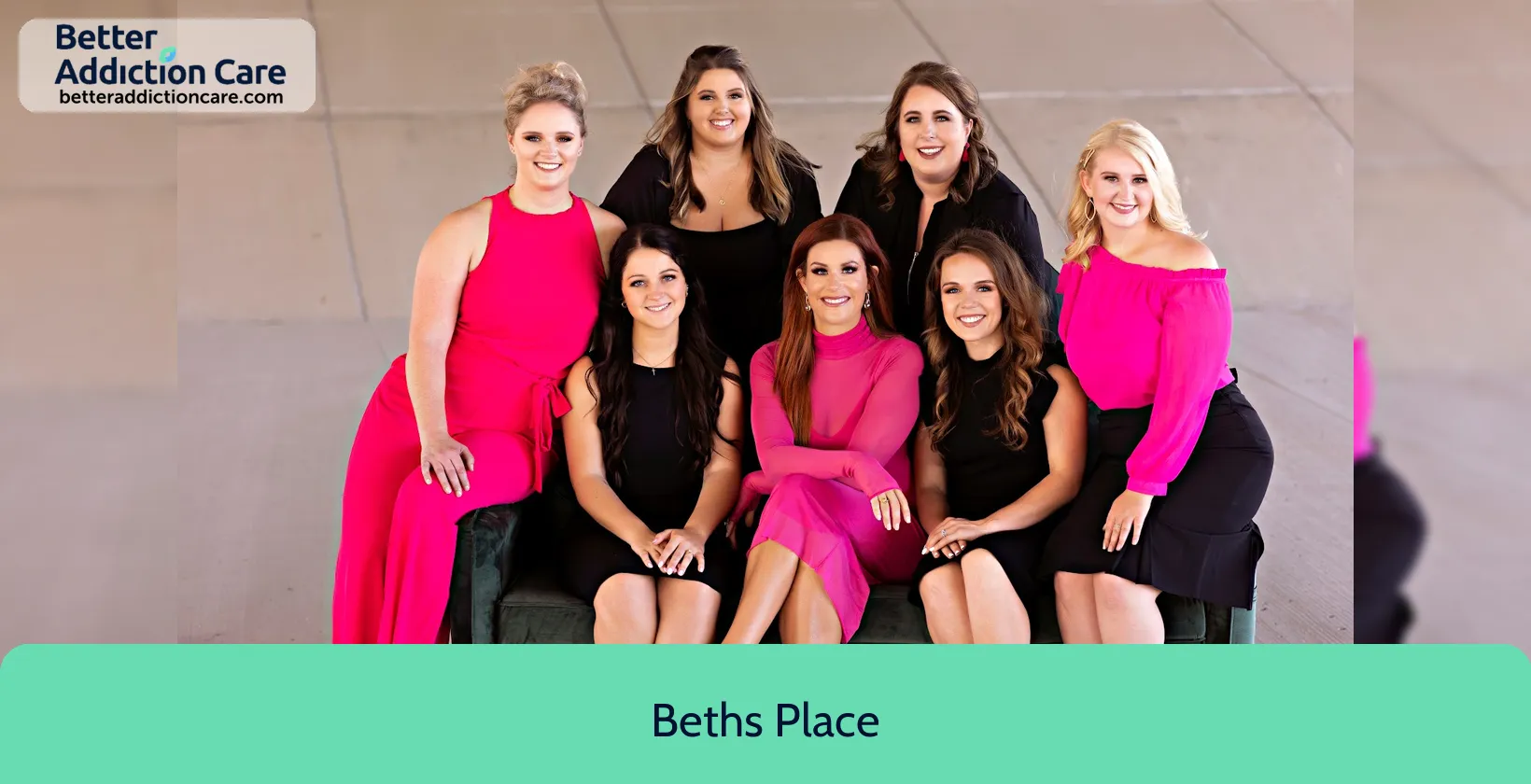
6.94
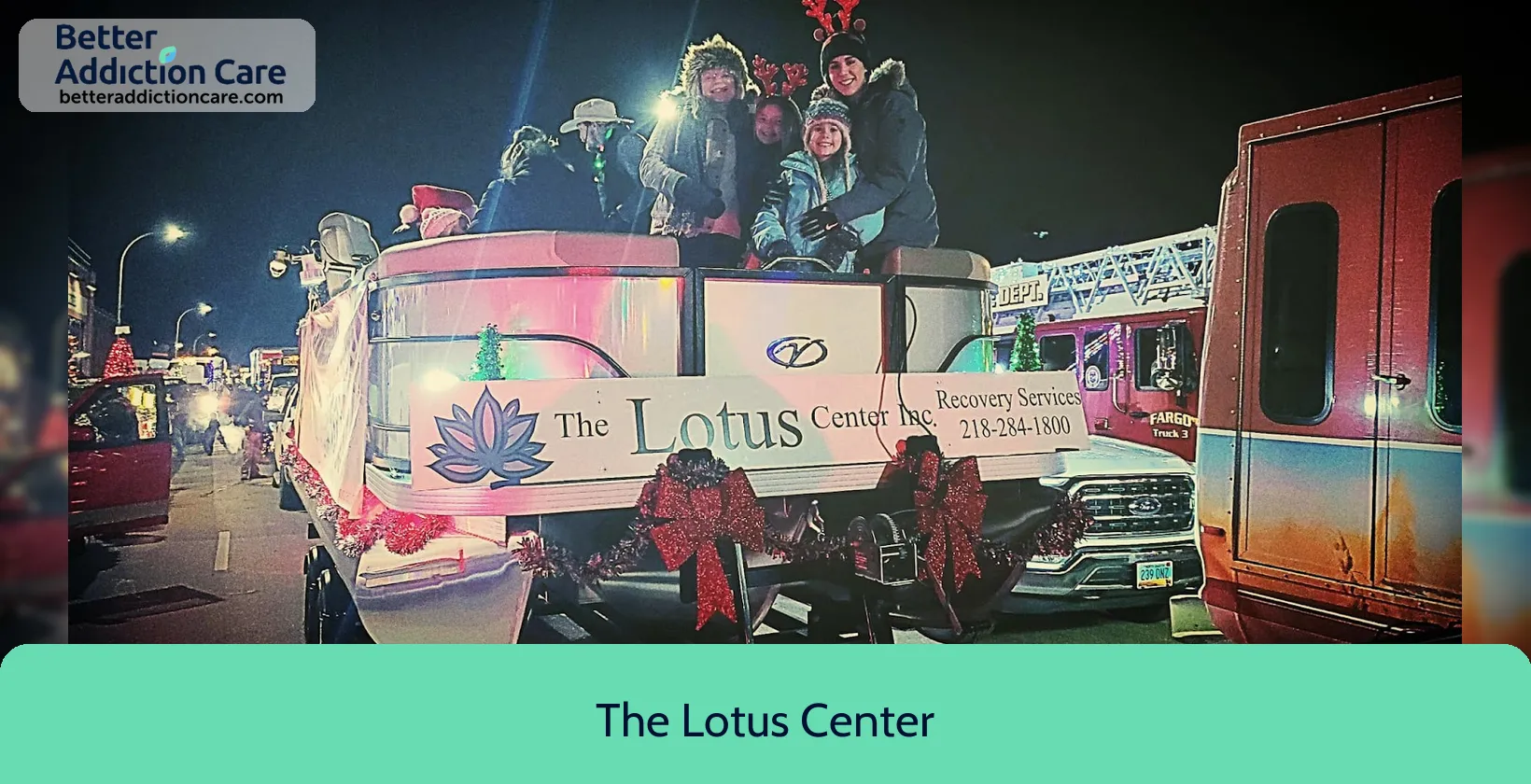
6.85
DISCLAIMER: The facility name, logo and brand are the property and registered trademarks of The Lotus Center, and are being used for identification and informational purposes only. Use of these names, logos and brands shall not imply endorsement. BetterAddictionCare.com is not affiliated with or sponsored by The Lotus Center.

